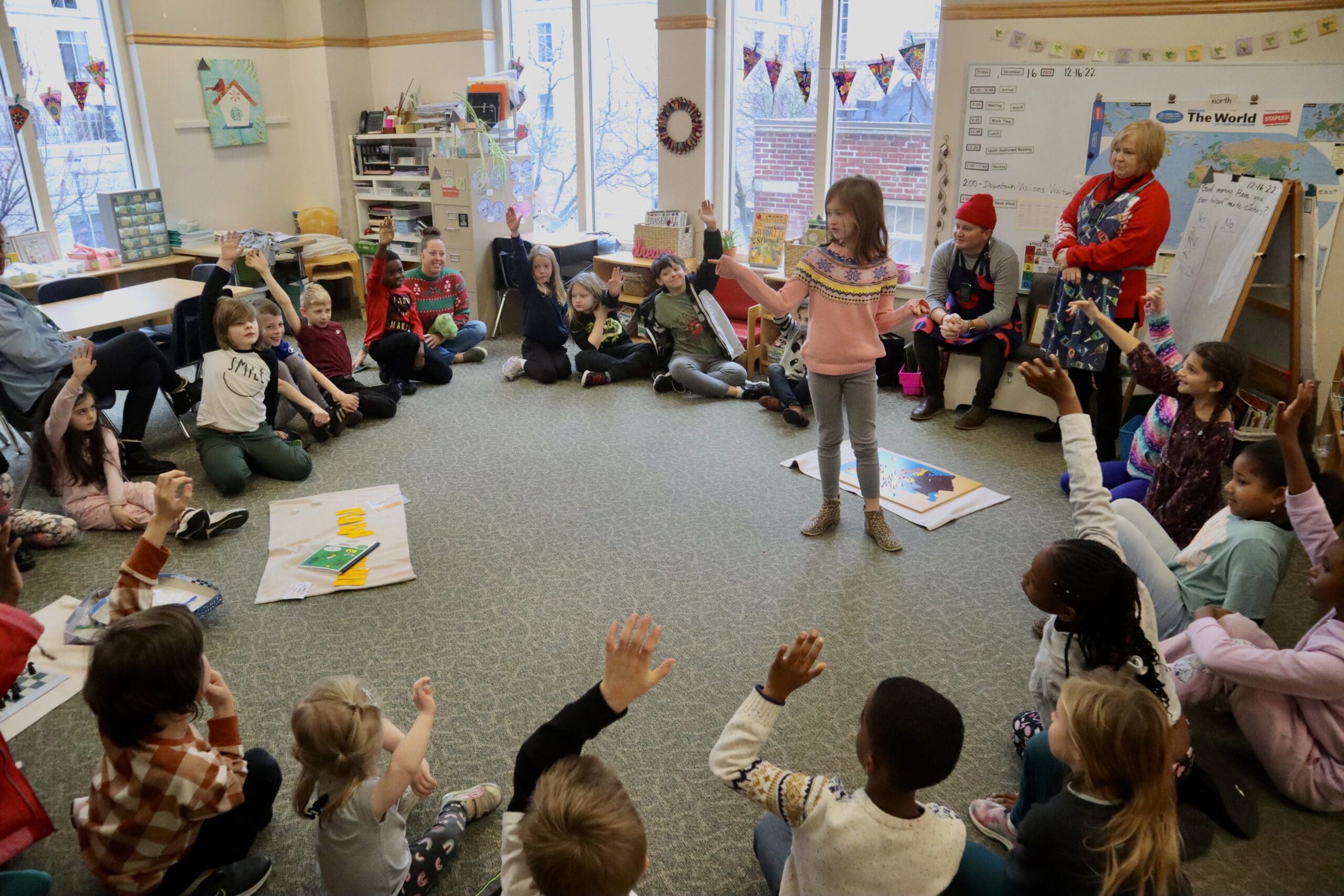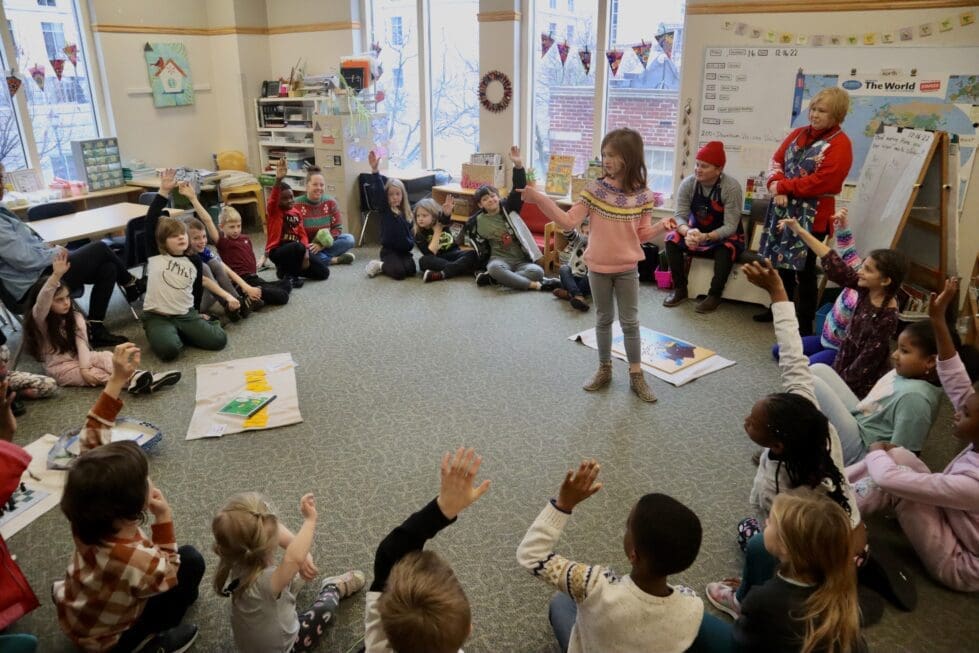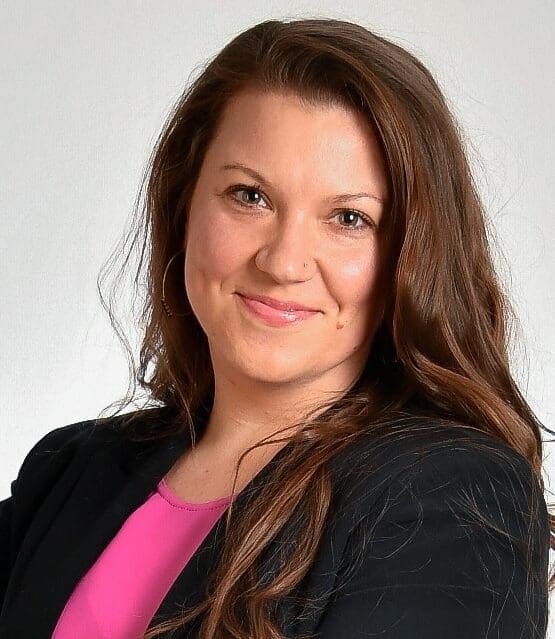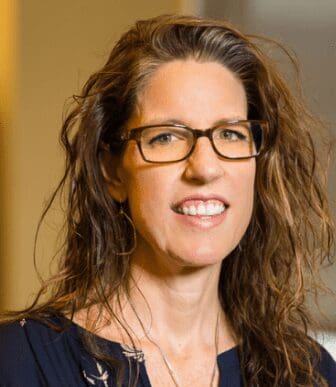
A report indicates that teachers who earn an alternative certification are less likely to stay in the field after five years than a traditionally-certified teacher. (Jarek Rutz/Delaware LIVE News, First State Montessori Academy, Dec. 16)
Educators who earn their certification in an alternative pathway are less likely to stay in the field after five years, according to data in a report from a University of Delaware researcher.
Those teachers are also less likely to stay at charter schools than public schools, the report found.
Lauren Bailes, an assistant professor in the University of Delaware’s School of Education, and Sarah Guthery, an assistant professor at Texas A&M University-Commerce studied different routes that teachers take to the classroom to see which teachers keep the jobs the longest.
“We looked at our traditionally-trained teachers and their start in a traditional classroom, and then we also looked at alternatively-trained teachers who were placed in both charter schools and traditional schools,” Guthery said.
Since Texas has nearly 200 teacher-preparation programs, the professors focused on 175,664 new teachers there from 2000 to 2015.
A traditional pathway, Bailes said, is understood to be a university preparation program.
It typically translates into a four-year undergraduate degree in education that’s paired with some sort of state-level certification.
“An alternative route is really anything outside that,” Bailes said. “States have a really broad range of routes that they have created. Texas has a huge number of alternative routes, and Delaware has far fewer.”
The study authors point out that their report “does not make causal claims or establish causal direction.”
Even so, according to their data, 67.5% of Texas teachers who get college degrees in teaching will stay at a public school for more than five years. But 55.9% of those who work at a charter school will last that long, their data showed.
For those who entered the field via an alternative certification, retention rates for both traditional public schools and charters are lower.
Their research showed 60.6% of alternatively certified teachers who work at traditional public schools stay longer than five years. That number drops to 48.4% for those who work at charters.
The study consisted of 170,565 traditional public school teachers and 5,099 charter school teachers.
Among the former, 71.11% were initially hired by schools with majority non-white and low-income students, while 48.07% of charter teachers were hired in schools with those demographics.
Data on teacher retention

The study’s data on teacher retention by school type and certification route. (Graphic by LM Patterson)
In Texas, charter schools hire alternatively-certified teachers at a pretty high rate, Guthery said, especially since charters in Texas are allowed to hire non-licensed teachers. That is not the case in Delaware.
In the First State, Bailes said hiring preferences vary from charter to charter and data did not show definitely that they hire alternatively-certified teachers more than traditional public schools.
“Nationally, the picture is very diverse, so there are charter schools that prioritize, for example, STEM education,” Bailes said, “and they really try to recruit people who are content experts. So they might be engineers by trade or chemists by trade, rather than folks who know how to teach algebra and trigonometry and chemistry.”
According to her research, the average new charter teacher receives a lower salary compared to traditional public schools.
“They’re also less likely to be in schools where the workforce is unionized so they don’t have some of those initial teacher protections,” Bailes said. “They are likely to be in schools where the average teacher is much less veteran in the profession so that access to experienced mentors is likely going to be less available to them.”
Kendall Massett, executive director of Delaware Charter Schools Network, said that the First State’s charters do not focus on whether a teacher was certified traditionally or in an alternative method.
“We prioritize hiring amazing educators, regardless of where or how they were certified,” she said. “We look at how an educator is going to fit in with the culture and the climate that is already established in our school and how they can engage with students.”
If a teacher isn’t novice, charters look at their history as a teacher and the impact they’ve left on a school, its climate, and its students, she said.
“Another priority of Delaware charters is hiring teachers who embrace flexibility,” she said. “The reason behind charter schools is the ability for teachers to have the flexibility and the autonomy to do what is right for the children that are right in front of them in their classroom. It is local decision-making at its best.”
Massett noted – and Bailes and Guthery acknowledge – that the study doesn’t account for teachers who leave the field and then return.
For example, some teachers might leave for military service or leave to teach in private schools.
There is no data, for example, on teachers who stayed in the profession, but drove across the border to teach in a higher-paying district.
Massett said it’s also possible that a teacher could be fired and that wouldn’t be reflected in the study.
“Not everyone should be in every profession, and not everyone is suited to be a teacher,” she said.
Massett said teachers who are alternatively certified didn’t grow up with a plan to become a teacher, so the retention rates make sense.
“There are people that get into the education profession, which probably is not the best place for them,” she said, “If school officials can see that, which a good leader does, the good leader will move that teacher out of their building and let them go.”
It’s not a negative that the state is trying to create more alternative routes to certifications and grow-your-own-teacher programs, she said. That deepens the pool of teachers who have the potential to be excellent and stay in the field for decades.
Massett said that while she appreciated the report and the research, “I just don’t think you can make the jump or blame the teacher shortage on charter schools or alternative certification routes.”
Sen. Brian Pettyjohn, R-Georgetown, agreed that not every person who tries to teach should be. He’s a member of the Senate Education Committee.
The young working class, he said, is more likely to hop around and use one career to springboard into another.
That means educators could start in the classroom but then leave for an education-centered think tank or another field that is more specific to their specialty, he said.
He blames Delaware’s General Assembly for over legislating as one reason teachers may job hop or leave.
“This past General Assembly there were over 200 bills dealing with education,” he said. “I don’t think there were 200 bills that were dealing with doctors or police officers, or attorneys, or any other professional practice that’s out there.”
So many topics are required to be taught now, teachers don’t have additional time in the school year, which leaves many of them burnt out.
Recent legislation now requires schools to teach mental health awareness and Black history, for example.
“As legislators, some say we want something else to be taught in the classroom so let’s pass a bill to make educators teach X,” Pettyjohn said. “Well, they’re already teaching A through W, and now we’re adding something else for them to teach.”
Teachers also aren’t compensated for the additional work they have to put in for added curriculum, professional development and training, he said.
All this affects students, too, he said. About 70% of the students who graduate need either remedial math or English in college, and employers say many aren’t ready for the workforce, he said.
If teachers could focus on the core curriculum, a lot of Delaware teachers would stay in the profession and be happy long-term, regardless of their certification path, Pettyjohn said.
Teachers “want to teach and they also want to learn and grow in their career and grow professionally, but we’re asking them to do so much more now,” he said. “We’re asking them to raise the children.”

Raised in Doylestown, Pennsylvania, Jarek earned a B.A. in journalism and a B.A. in political science from Temple University in 2021. After running CNN’s Michael Smerconish’s YouTube channel, Jarek became a reporter for the Bucks County Herald before joining Delaware LIVE News.
Jarek can be reached by email at [email protected] or by phone at (215) 450-9982. Follow him on Twitter @jarekrutz
Share this Post







